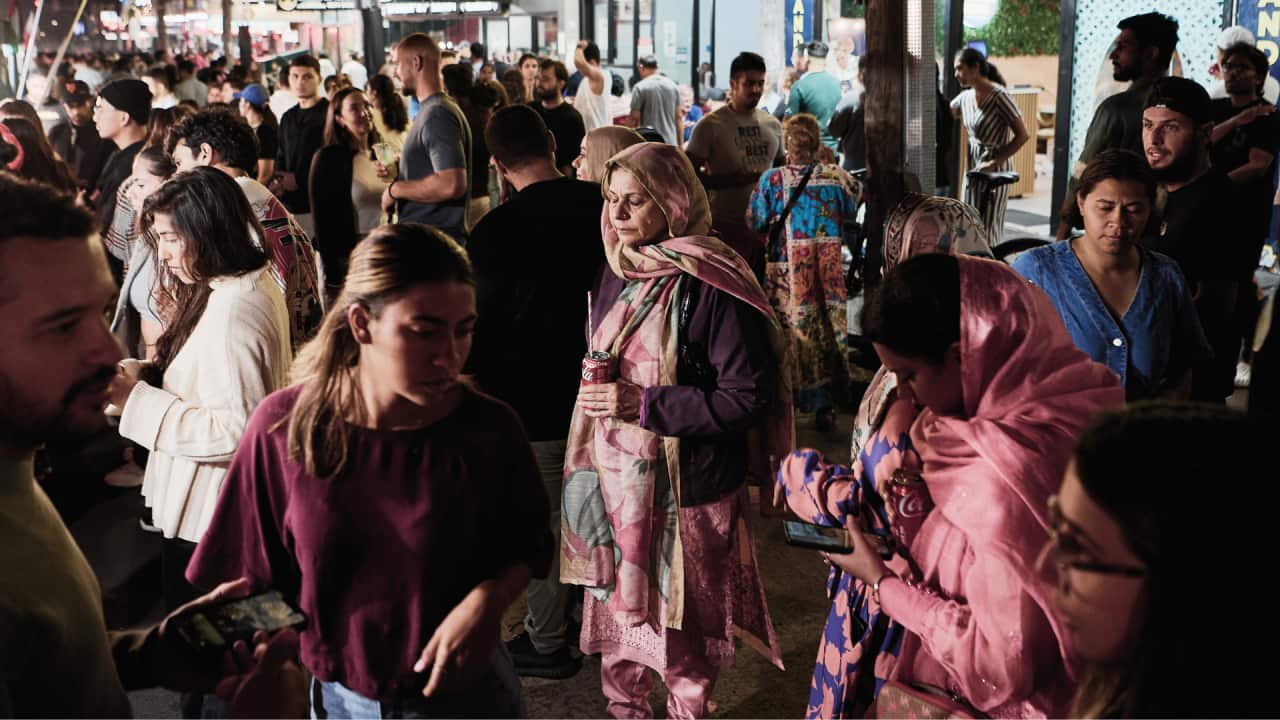Just over 12 per cent of those people whose visas were revoked were involved in child sex offences or child exploitation
The majority of the group - about 500 people - had been sentenced for violent crimes.
The group included 100 people involved in child sex offences or child exploitation, 53 found guilty of domestic violence, 34 of sexual offences and 13 were murderers.
Visas were also stripped from 125 people sentenced for assault and 56 for armed robbery.
The Federal Minister for Immigration, Citizenship and Multicultural Affairs, David Coleman, says the deportations send a strong message, that criminal behaviour won't be tolerated.
"Well Australia is a welcoming nation, we welcome visitors from all parts of the world. But we will not tolerate crimes against Australians. It is a very simple message. If non-citizens commit crimes in Australia, they should expect to have their visa's canceled," Mr Coleman said.
The latest figures bring the total number of non-citizen criminals stripped of Australian visas to 4,150 since 2014, when mandatory cancellation provisions for criminals dealt sentences of 12 months or more were added to the Migration Act.
The federal government introduced draft laws to parliament in October that could lead to even more foreign-born criminals being deported.
Under the proposed bill, anyone convicted of an offence punishable by at least two years in prison could have their visa canceled - regardless of whether they were jailed for less time, or not jailed at all.
The laws would capture violent and sexual crimes, including riots, home invasions, carjackings and serious breaches of family violence orders.
David Coleman added, "Now when parliament resumes legislation will be debated which will further strengthen these provisions, further strengthen the character test under the migration act, and which will give further guidance to decision makers to take a very strong view on non-citizens who have committed serious crimes in Australia."
The Opposition spokesperson for Immigration and Border Protection Shayne Newmann says Labor supports the deportation of non-citizens, who have committed criminal offences.
"Can I say that Labor supports the character cancellation provisions of 501 of the migration act. We supported when the government made amendments back in 2014 and we continue to do so today. If an immigration minister believes someone is a risk to the Australian community or has reasonable suspicions they fail the character cancellation provisions then the minister should punt them out of the country of they are a non-citizen."
Steven Blanks, the spokesperson for the New South Wales Council of Civil Liberties, says the deportations are part of a draconian policy.
He says many of those deported have been here for decades with families and strong connections established in Australia.
Mr Blanks says only about 100 people are being deported due to extremely serious offences such as murder, and child sexual exploitation and argues the rest are people who pose little threat to the general community.
"The other seven-hundred could well be situations where the Australian community is hurt by the loss of family members the disruption that causes and all of that is quite unnecessary for the protection of the Australian community," said Mr Blanks.
While Mr Blanks supports the deportation of those who have committed serious offences, he doesn't support the current policy of automatic deportations for less serious offences or any further changes to the current legislation.
"Clearly there are situations where people who have committed serious crimes in Australia ought to be removed after completing their sentence in Australia. But we should not have a system where that removal is automatic. Those cases should be assessed by the Minister and the Minister should have the right to cancel visas in the most serious cases, but we have at the moment is an automatic policy of visa cancellation and that is what is giving rise to the unfairness," he added.
More from SBS Punjabi

Man who lived ‘almost all his life’ in Australia faces deportation to India







